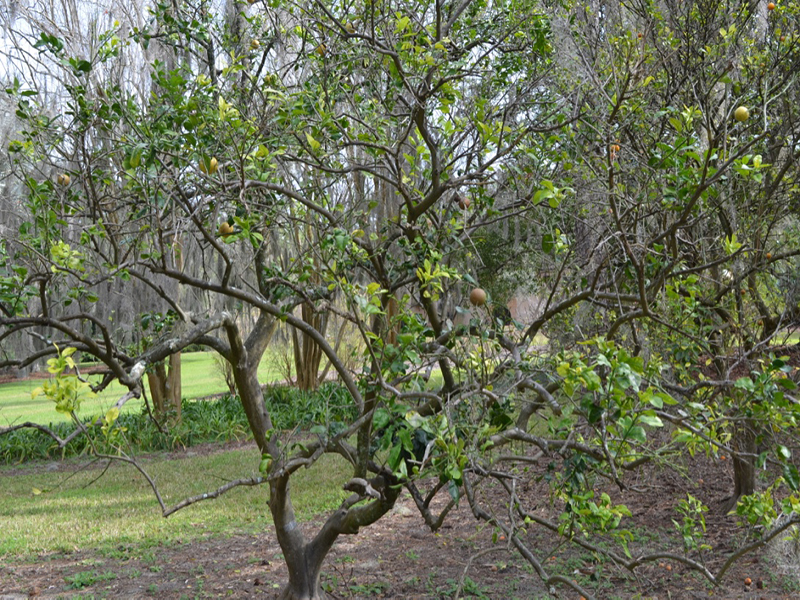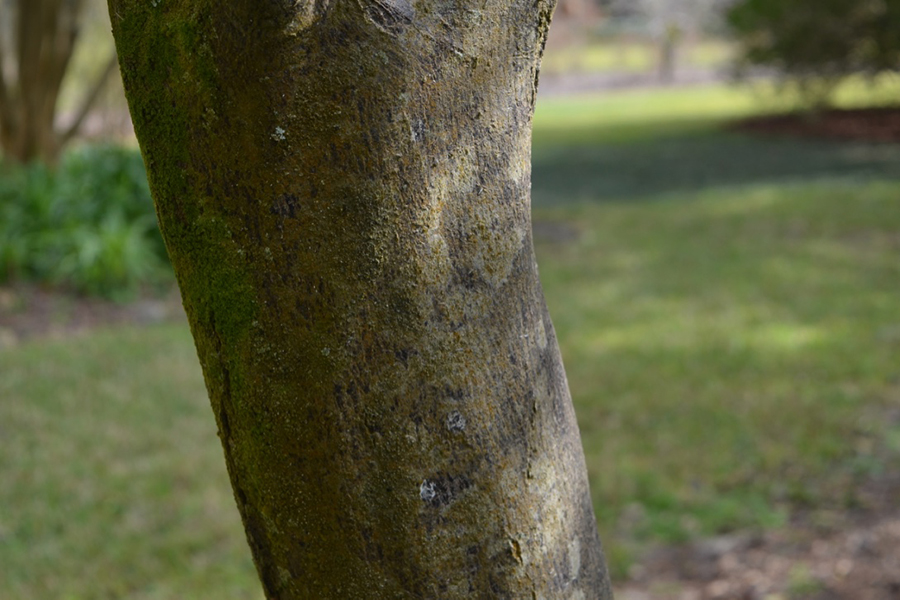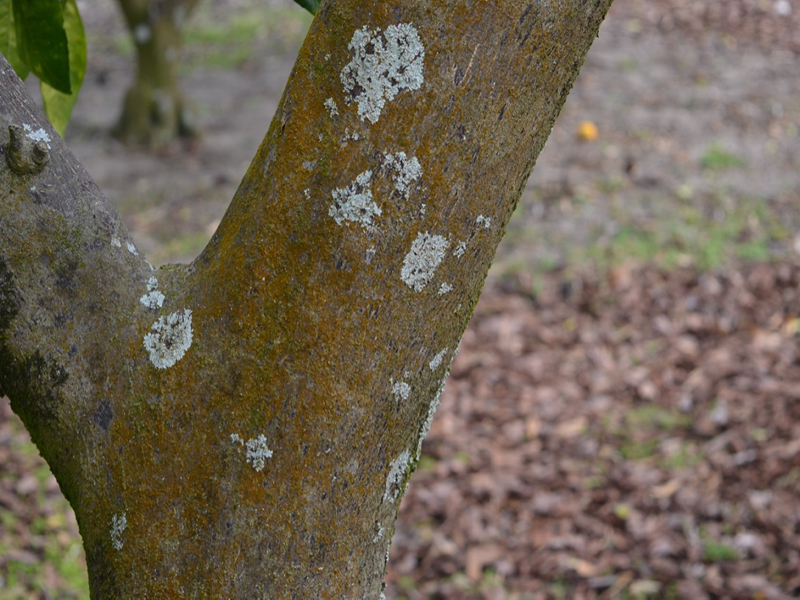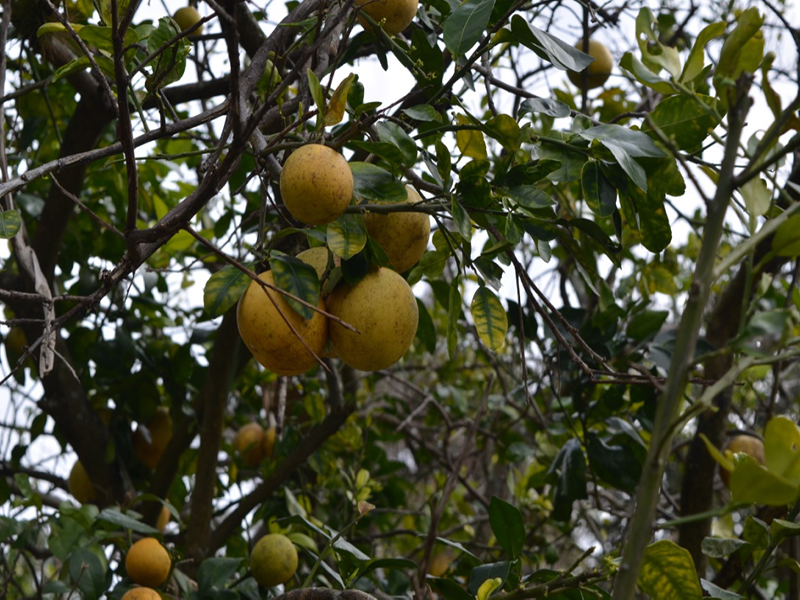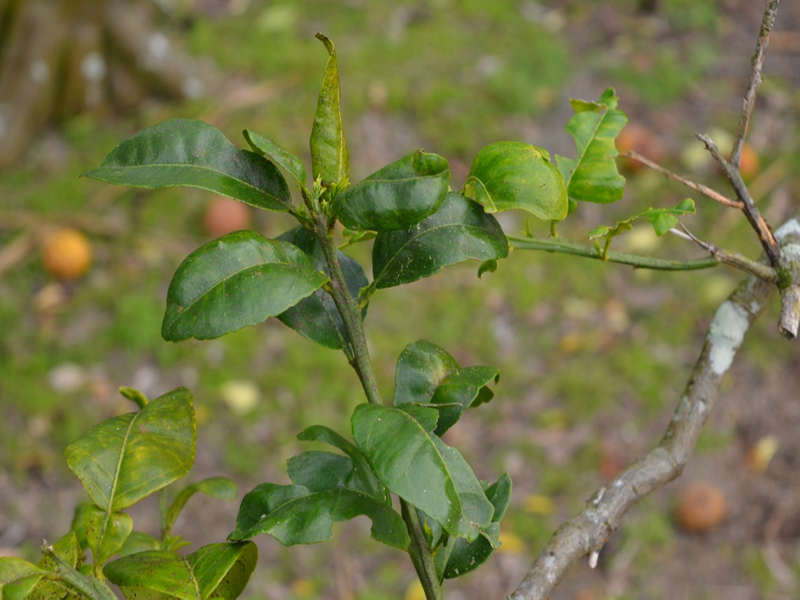
Tropicals, Woody > Citrus > Citrus x paradisis > Citrus x paradisis 'Ruby Red'
Citrus x paradisis
'Ruby Red'
Ruby Red Grapefruit
Origin: Ruby Red grapefruit was developed In 1929 by a Texas citrus grower.
| Family |
| Rutaceae |
| Genus |
| Citrus |
| Species |
| x paradisis |
| Cultivar |
| 'Ruby Red' |
| Category |
| Tropicals, Woody |
| Type |
| Tree (evergreen) |
| USDA Hardiness Zone |
| 9 - 11 |
| Canadian Hardiness Zone |
| Requires cold season protection under glass. |
| RHS Hardiness Zone |
| H1c - H4 |
| Temperature (°C) |
| -10 - 10 |
| Temperature (°F) |
| 14 - 50 |
| Height |
| 4.5 - 6 m |
| Spread |
| 6 m |
Photographs
Description and Growing Information
Flowering Period
| General Description |
| A rounded tree which is grown for its large yellow-pink fruit. |
| Cultivation |
| Grows best in sandy soils and full sun. Water deeply on a weekly basis in summer and monthly in winter. |
| Growth |
| Medium |
| ID Characteristic |
| The skin of the fruit has a pinkish bloom and the flesh is pink-red and less sour than the yellow grapefruit. |
| Pests |
| White Wax Scale and soot. Snails also love Citrus. Xylella a bacterial disease is a serious threat to many horticultures crops due to its virulence and wide range of species it can infect. It can infect more than 560 species with wide ranging symptoms including leaf scorch, yellowing and scorching, wilt, branch and twig dieback and plant death. These symptoms can be identical to other symptoms such as drought and weather stress. Infected plants show symptoms within a few years after planting. |
| Leaf Description |
| It has dense, dark green, glossy leaves with winged petiole and white stellate flowers with a lovely fragrance. |
| Flower Description |
| Large, aromatic flowers grow in clusters of 2 - 20 with 4 petals per flower. |
| Notable Specimens |
| Bok Tower Gardens, Lake Wales, Florida,United States of America. |
| Propagation |
| Can be grown from by cuttings. |
| Ethnobotanical Uses (Disclaimer) |
| Grapefruit can interact with many medications, including chemotherapy treatments, making them more or less effective and throwing off the prescribed dose. |
